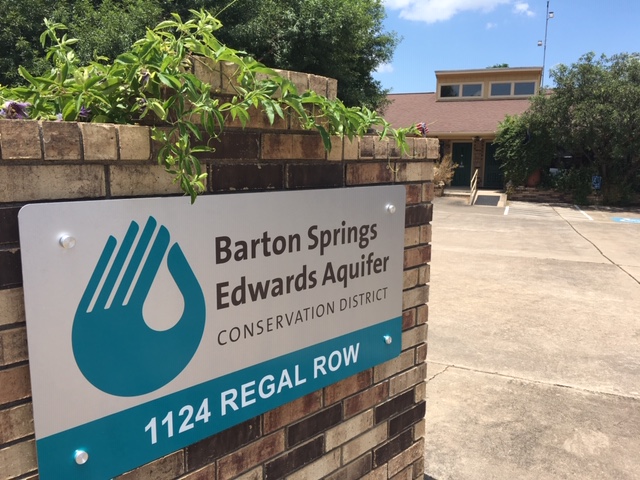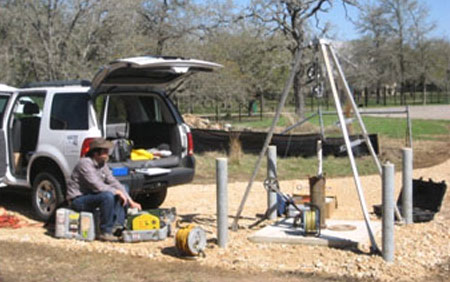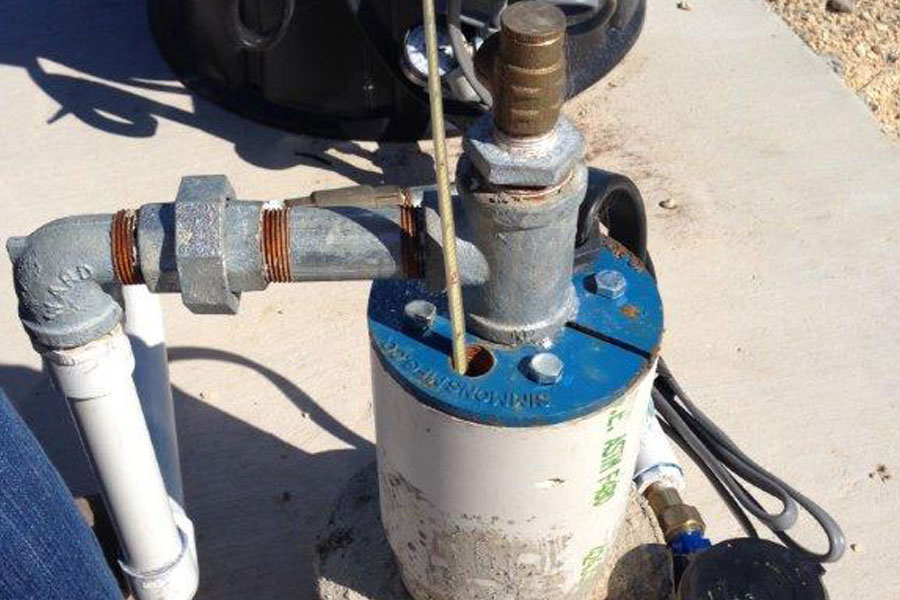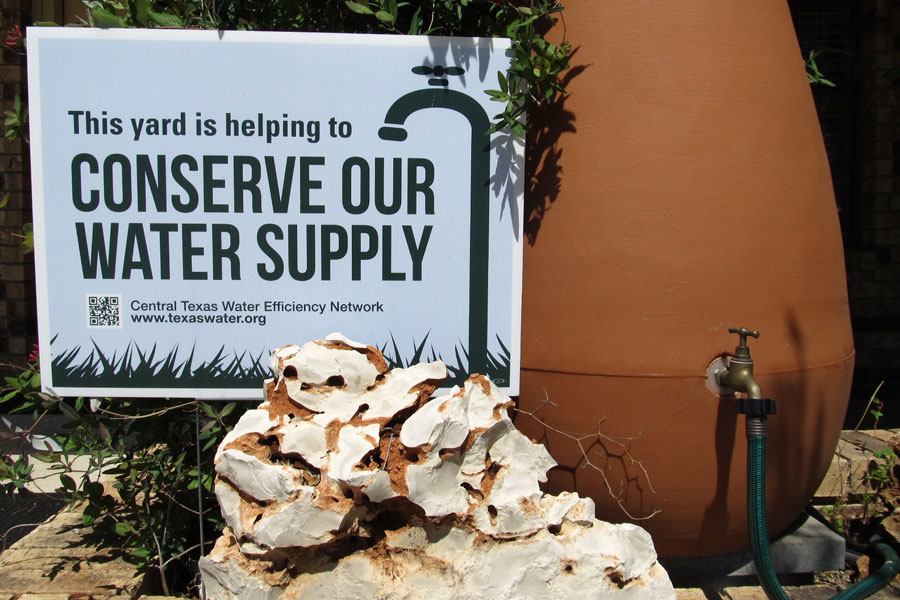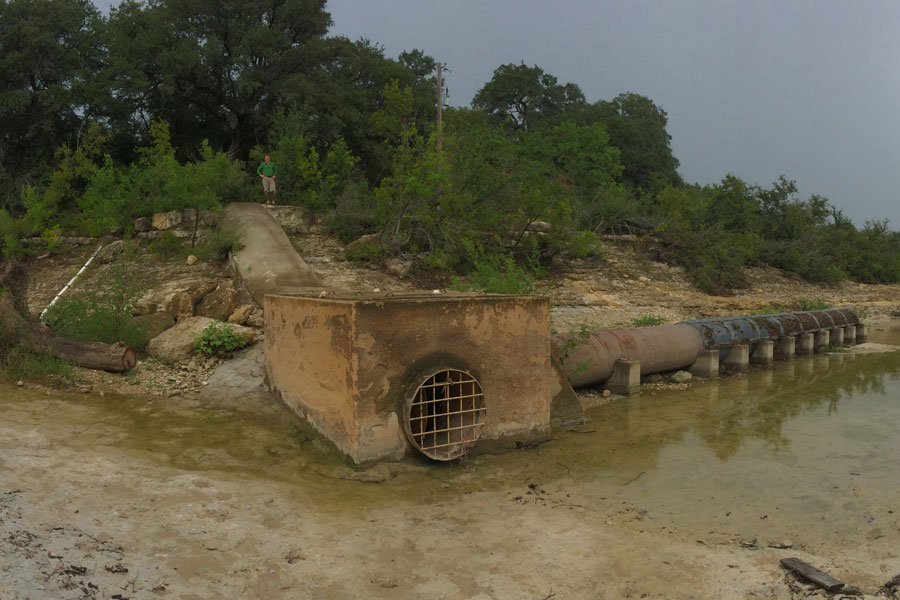Press Release: BSEACD Receives Motion to Appeal Needmore Permit Decision
For Immediate Release: February 20, 2020
For more information, contact: Vanessa Escobar, General Manager at (512) 282-8441 or vescobar@bseacd.org
On Monday, February 10, the Trinity Edwards Springs Protection Alliance (TESPA) filed a lawsuit in Travis County against the Barton Springs/Edwards Aquifer Conservation District (District) and Needmore Water, LLC as a necessary party/defendant.
Vanessa Escobar, District General Manager explained, “The core issues of this lawsuit are the same issues that TESPA brought before the Administrative Law Judge (ALJ) in the State Office of Administrative Hearing (SOAH) process as part of the contested case hearing and the hearing before the District’s Board of Directors. The District’s position, based on evidence provided by all parties, is still the same. What is unique about this permit is that House Bill (HB) 3405 prescribed a very specific process and eligibility requirements for well owners like Needmore Water, LLC to acquire a production permit. There will be no other permit issued under HB 3405. The District followed the law as directed by the Texas Legislature in HB 3405. The special provisions included in the permit were informed by sound science and policy and ensure management of the permitted pumpage.”
The Texas Legislature passed HB 3405 in 2015 to expand the District to cover the previously unregulated portions of the Trinity Aquifer in Hays County including Needmore Ranch. As previously reported, Mary Stone, District Board member, Precinct 1 in Hays County, stated that the decision on the Needmore permit was determined by the legislature when it grandfathered existing wells like the one on the Needmore Ranch. The GM followed the law when recommending permit issuance, the SOAH ALJ agreed, as did the Board. “Our hands were tied on this one single permit.”
Also previously reported, Board President Blayne Stansberry, whose Precinct 2 is largely in Hays County, agreed with the permit issuance. “HB 3405 was crafted by the legislature to entitle existing well owners to maximum production of their well. Although the District did not favor this requirement as it is counter to how the District issues permits outside HB 3405, we are required to and did follow the controlling law. It is unfortunate this litigation with TESPA will affect the District’s limited budget and take attention away from critical research such as the ongoing Trinity Aquifer study. I would rather collaborate with TESPA on issues facing the aquifers that we can influence.”
On July 29, 2019, the District Board of Directors held a public hearing on the conversion of the Needmore Water, LLC Temporary Permit to a Regular Permit. The Board unanimously voted to grant Needmore a Regular Permit in the amount of 289,080,000 gallons per year with special conditions that will curtail pumping in the future if necessary to protect the aquifer and other wells in the area. This amount is the maximum production capacity Needmore was eligible to request under HB 3405 as passed by the legislature. Needmore is required to comply with the drought curtailments of a Historical Trinity Production Permit as well as the terms outlined in the special conditions approved by the Board. This permit includes a set of response measures, conditions, and requirements that are designed to protect the aquifer and to avoid unreasonable impacts to existing well owners in Hays County by requiring reduced pumping by Needmore during times of drought and lower water levels in the aquifer. It is important to note that TESPA did not challenge the special conditions.
Director Stone expressed that the special conditions of the permit were specifically designed to assure this precious resource is available for future generations. By proceeding with this litigation, TESPA runs a risk of a judge reducing or eliminating those conditions. Stone noted that the Needmore permit is unique and is the only large well permit that was filed under the special provisions of House Bill 3405. “There will never be another permit like this,” she said. “Thankfully, the Board will have much more discretion under the law when considering applications for other large water well permits in the future,” she added.
Useful Links:
BSEACD is a groundwater conservation district charged by the Texas Legislature to preserve, conserve, and protect the aquifers and groundwater resources within its jurisdiction, which includes parts of three central Texas counties. It is governed by a Board of five elected directors and staffed with hydrogeologists, groundwater regulatory compliance specialists, environmental educators, geospatial systems specialists, and administrative support personnel.
